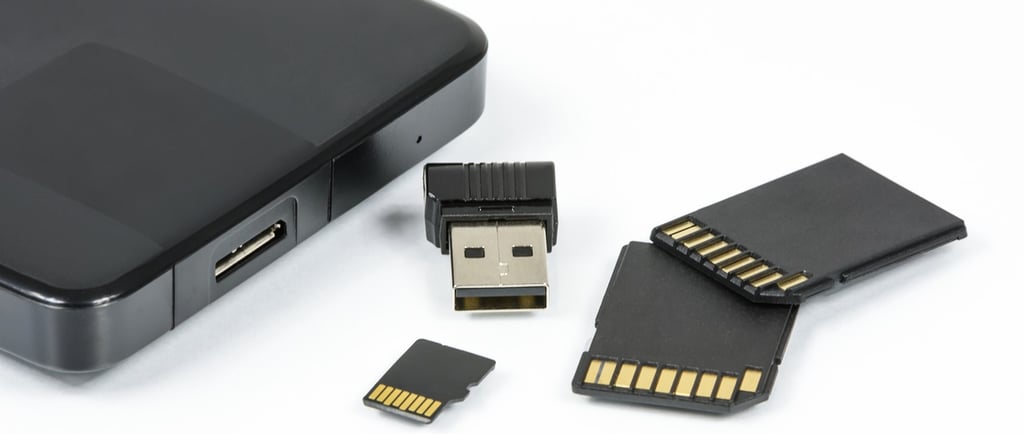Preventing Data Loss from Hardware Breakdowns
Be prepaired, just in case
2/7/20251 min lesen


When Storage Fails
Hard drives, SSDs, and storage arrays have a limited lifespan and can fail unexpectedly. Power surges, overheating, and mechanical damage can lead to total data loss. Even modern SSDs suffer from silent corruption (bit rot), where data degrades over time.
RAID failures, firmware bugs, and sudden power outages can render critical business data inaccessible.
Counter measures:
✅ Redundant Storage Architecture – Data is distributed across multiple redundant drives and storage nodes, ensuring availability even in the event of hardware failure.
✅ Regular Data Integrity Checks – Our system continuously verifies data integrity, detecting and repairing corrupted files before they become a problem.
✅ RAID and Distributed Storage – D-backup employs RAID and distributed file systems to eliminate single points of failure.
✅ Automated Failover Systems – If a storage component fails, our backup system seamlessly switches to redundant copies without downtime.
🔹 Example: Hardware failures account for approximately 20% of data loss incidents, underscoring the importance of robust backup solutions. 99firms.com
At D-backup, we eliminate the risks of hardware failures with a resilient, multi-layered approach. Our redundant storage architecture, real-time data integrity checks, and automated failover systems ensure your business remains operational—even when disks fail. By leveraging advanced RAID configurations and distributed storage, we provide uninterrupted access to critical data. With D-backup, your files are always protected, accessible, and immune to the silent killers of data loss.
Backup-Services
Professionelle Backup und Data-wiederherstellungs Lösungen
IMPressum
© 2025. All rights reserved.
DBACKUP.EU
Firma: dbackup.eu
Adresse: Vučetinec 156
PLZ: 40311 Lopatinec
Mobil: +385 99 2014 126
E-mail: contact@dbackup.eu
Staat: Croatia
OIB: 57361531051
